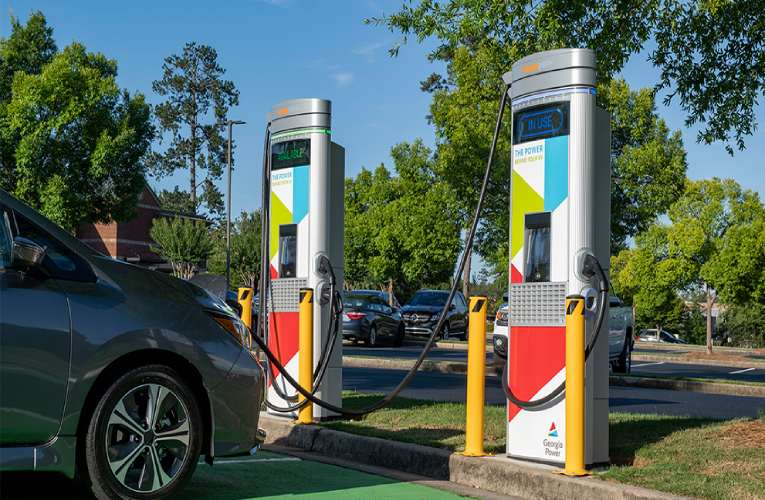
The government is fully cognizant and aware of various cyber security threats and is actively taking steps to combat the issue of hacking
Media reports have now stated that the Minister for Road Transport & Highways Nitin Gadkari told parliament that the charging stations for electric vehicles are severely prone to cyberattacks and cyber security incidents, the same as any other technological application. In a written response to the lower house of the parliament, the minister added that Indian Computer Emergency Response Team (CERT-In), which is responsible for monitoring and supervising cyber security mishaps in India received reports of malware attacks in applications and products related to electric vehicle charging stations. This is according to a report by PTI.
According to CERT-In, the volume of cyber security incidents during 2018, 2019, 2020, 2021 and 2022 is 2,08,456; 3,94,499; 11,58,208; 14,02,809 and 13,91,457, respectively, reports PTI. “The government is fully cognizant and aware of various cyber security threats and is actively taking steps to combat the issue of hacking," Gadkari said. The report exclusively added that around Rs 147 lakh was disbursed as compensation to victims of hit-and-run cases in the current fiscal year till February.
“Smart and V2G chargers connect EVs to the power grid using a charging device which includes a data connection to exchange information and control commands between various entities in the EV ecosystem. This introduces data privacy concerns and is a potential target for cyber-security attacks. Examples of threats include unauthorized access to information (e.g. banking details), tampering (e.g energy used), and denial of service (e.g. unavailability of the charger) among others. Therefore, the implementation of a secure system is crucial to permit both consumers and electricity system operators to trust smart charging and V2G.”
According to some research experts at various international universities, currently, we must properly adapt the security technology to take into account the challenges peculiar to the EV charging infrastructure. Challenges go beyond technical considerations and other issues arise such as balancing trade-offs between security and other desirable qualities such as interoperability, scalability, crypto-agility, affordability and energy efficiency.

